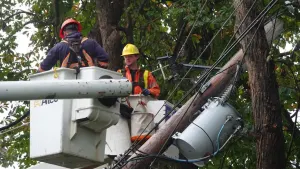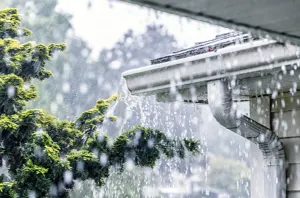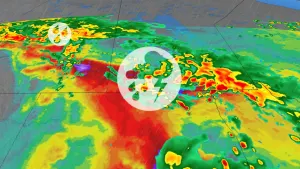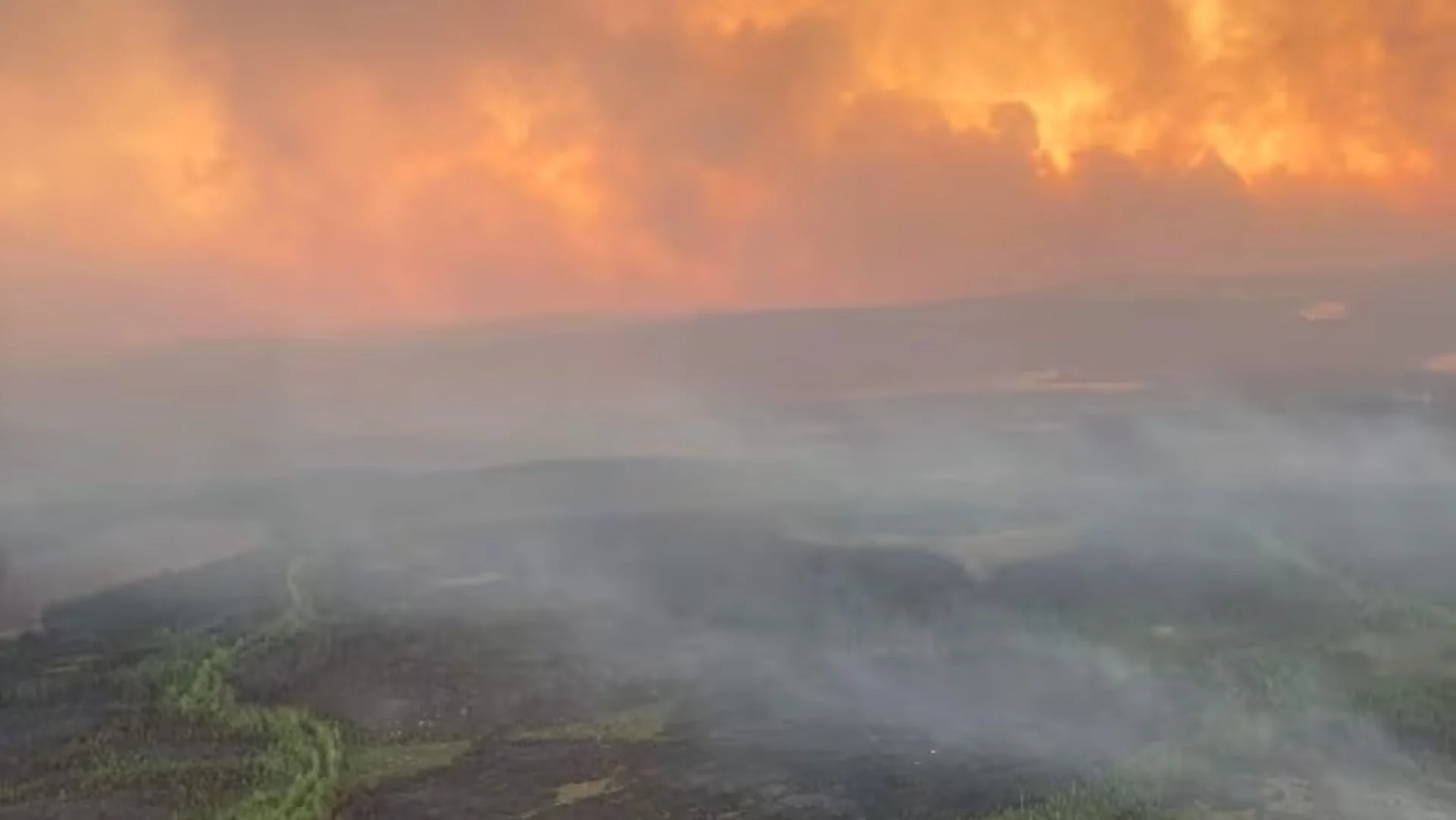
Help arriving to fight Quebec fires amid warning of more evacuation orders
Visit The Weather Network's wildfire hub to keep up with the latest on the active start to wildfire season across Canada.
People who had to leave their homes due to fires burning across northern and western regions of Quebec will not be able to return to their communities until next week, says Premier François Legault.
Legault, speaking at a news conference Wednesday morning in Quebec City, said dry weather and strong winds are creating dangerous conditions and heavy smoke in areas that have been evacuated so far.
"I want us to be realistic and not have rose-coloured glasses. We won't have rain in the next few days," he said.
In the Abitibi region, people have been forced out of their homes in communities including Lebel-sur-Quévillon, Senneterre, Lac Simon Anishnabe Nation, Barriere Lake, Normétal and Kitcisakik.
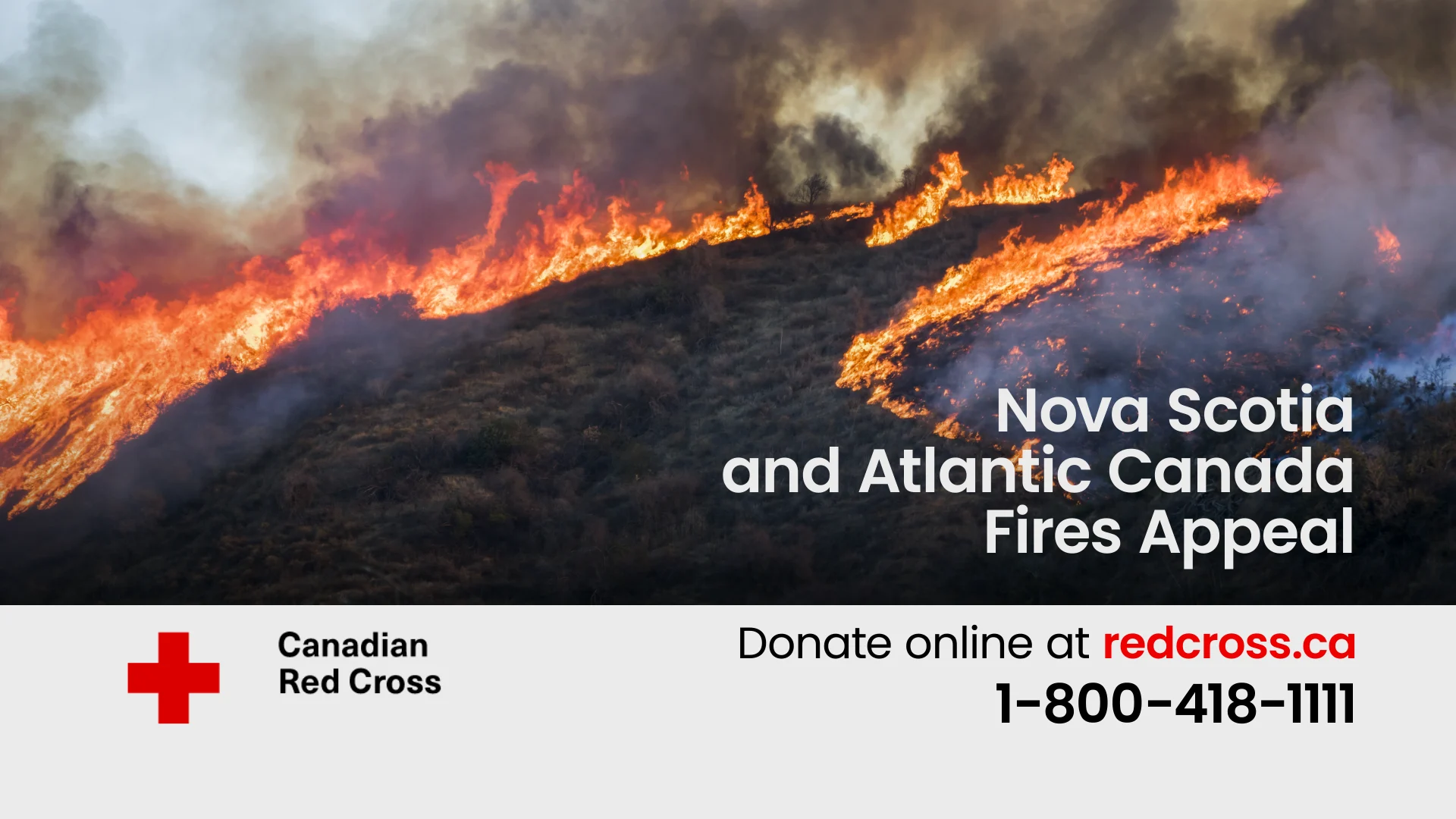
Farther west and north, evacations have taken place in communities including Manawan, Chibougamau and Oujé-Bougoumou. In Waswanipi and Mistissini, people are preparing to evacuate the area.
To date, 11,400 people have had to leave their homes. A full list of evacuated areas is available on Quebec's website.
Thousands of them have made their way to the Saguenay-Lac-Saint-Jean area for safety over the last two days.
"I want to thank people from Saguenay-Lac-Saint-Jean," said Legault. "I was really impressed last night, on social media we saw people offer their homes to those evacuated. There is exceptional solidarity among Quebecers."
Legault also said his government is looking at helping people out with expenses related to evacuations.
The North Shore was an area of significant concern earlier this week, but the situation is now under control and Sept-Îles residents have been able to go home, said Legault.
RELATED: Uncontainable wildfires continue to ravage Canada with no end in sight
An important piece of Hydro-Québec infrastructure near Baie-Comeau is no longer under threat from the fires.
Still, the premier warned, the situation could change quickly and it's possible that new evacuation orders will be issued.
Legault said he "understands it's anxiety-inducing to leave your home, but your safety is more important."
Out-of-province reinforcements
Armed forces and out-of-province firefighters have been on the ground in Quebec to help tame the wildfires, but local fire authorities have said they only have the capacity to fight about 40 fires at a time for now.
So far, 460,000 hectares of land burned — already surpassing the 1991 total of about 350,000 hectares, said Forestry Minister Maïté Blanchette Vézina.
SEE ALSO: Sept-Îles, Que., lifts evacuation order, thousands set to return home
"We have never seen these many hectares [burn]," she said.
There are currently 670 people fighting the fires on the ground, excluding the pilots of waterbombing aircrafts, said Legault.
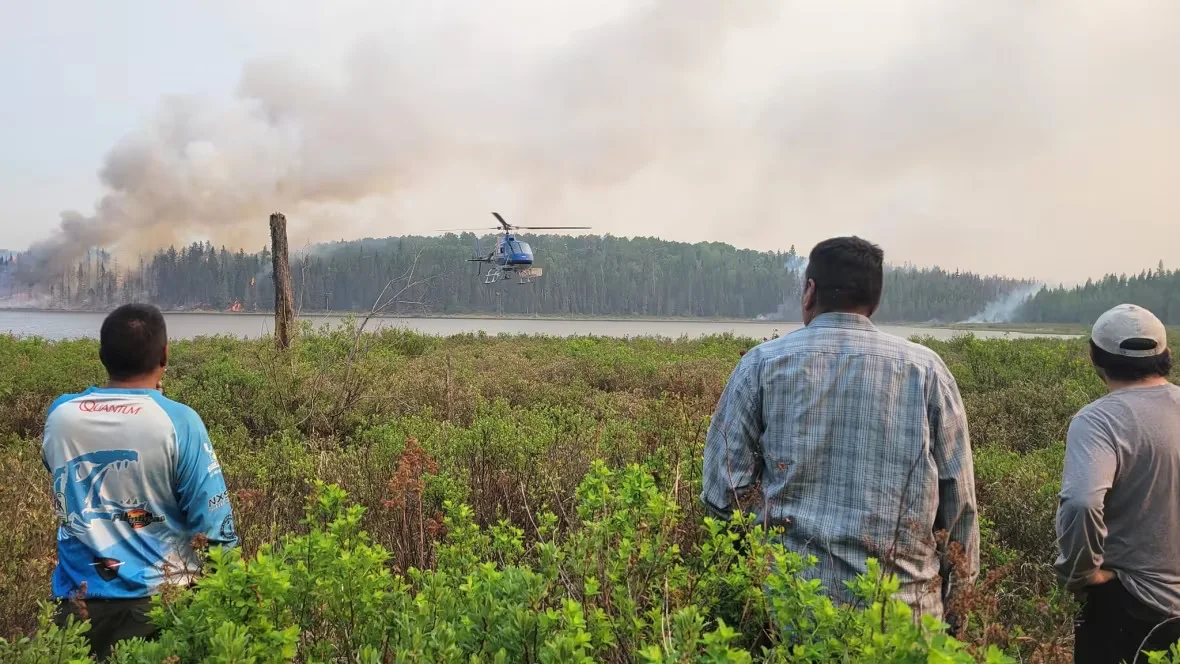
Most members of the Algonquins of Barriere Lake were sent on Sunday to Maniwaki, Gatineau and Ottawa, due to heavy smoke. (Charlie Papatie/Facebook)
Quebec has 11 working aircrafts out of 13, and Yellowknife is lending the province two of its aircrafts while Nova Scotia sent out four. Reinforcements from New Brunswick and France are on the way, said Legault, with plans to add more from Mexico, Spain, Portugal and the United States. If all goes to plan, 1,200 employees would be on the ground fighting the fires, said Legault.
But, because fires are burning across the country, getting help from other provinces may prove tricky, he said. Newfoundland and Labrador has already taken back two of the aircraft it had lent to Quebec.
As of noon Wednesday, 149 fires were blazing in the province, most of them out of control.
A smog warning in Montreal was extended until 7:15 p.m. Wednesday. Legault recommends those with asthma and respiratory problems stay inside with the windows closed.
WATCH NOW: Canadian Armed Forces joining wildfire fight in Quebec
Thumbnail courtesy of Name withheld/Radio-Canada.
This article was originally written by Erika Morris for CBC News.






